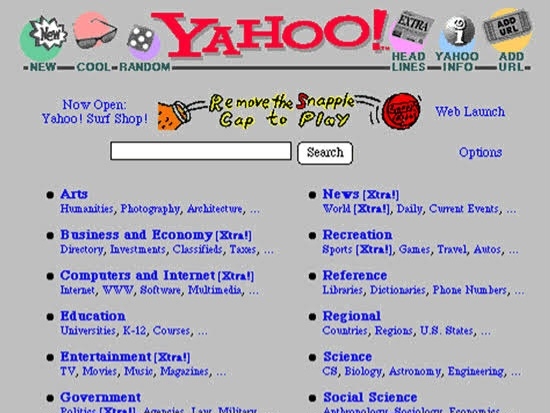Back
The unknown entrepreneur
I'm a Student who is... • 1y
bookmark this 👇!! Case Study: Google’s Rise to Market Dominance Introduction Google, founded in 1998 by Larry Page and Sergey Brin, emerged as a global technology leader by revolutionizing search engine technology. By 2000, Google had outpaced established competitors like Yahoo!, AltaVista, and Lycos. The company's innovative strategies and secrets to success solidified its dominance in the search engine market. --- #### Key Strategies and Secrets **1. Superior Search Algorithm:** At the heart of Google's success was its PageRank algorithm. Unlike competitors that ranked search results by keyword density or metadata, PageRank evaluated the quality and quantity of links to a page, reflecting its relevance and authority. This approach provided users with significantly more accurate and useful search results. 2. Focus on User Experience:** Google prioritized simplicity and speed. Its minimalist homepage, devoid of clutter and excessive ads, offered a seamless experience. While competitors overloaded their pages with features like news, weather, and email, Google focused singularly on being the best search engine. 3. Scalability Through Technology:** Google built a highly scalable and cost-effective infrastructure by leveraging commodity hardware. Their distributed system allowed them to handle massive volumes of data efficiently, ensuring fast search results and scalability. 4. Monetization Through AdWords:** Launched in 2000, Google AdWords transformed the online advertising landscape. The pay-per-click (PPC) model, coupled with targeted ads based on user search intent, ensured high ROI for advertisers. This strategy not only drove revenue but also made advertising relevant for users. 5. Data-Driven Decisions:** Google’s culture of data-centric decision-making was pivotal. By continuously analyzing user behavior, they optimized their products and services. This iterative approach allowed them to stay ahead of competitors. 6. Commitment to Innovation:** Google invested heavily in R&D to develop new features and products. Early innovations, such as Google Images (2001) and Google News (2002), expanded their ecosystem and user base. 7. Building Trust:** Google’s early motto, “Don’t be evil,” resonated with users. Their commitment to providing unbiased search results built trust and loyalty. This ethical stance contrasted with some competitors accused of prioritizing paid results over relevance. 8. Strategic Acquisitions:** Google strategically acquired technologies and talent, such as the purchase of Applied Semantics in 2003, which later became AdSense, enhancing their advertising ecosystem. Outcome and Competitive Edge By focusing on superior technology, user-centric design, and innovation, Google outmaneuvered its competitors. By the early 2000s, Google had become synonymous with web search, laying the groundwork for its evolution into a tech giant dominating various industries.

More like this
Recommendations from Medial
Account Deleted
Hey I am on Medial • 9m
LATEST 🚨: 1. Alibaba launches ZeroSearch, that cuts AI search model training cost by up to 88% 2. It simulates search results without needing real time API calls to services like Google 3. Using Google’s SerpAPI, 64000 queries cost $480, but ZeroS
See More
Jaswanth Jegan
Founder-Hexpertify.c... • 1y
“Anti-Google Merchandise by Microsoft” In November 2013, Microsoft started selling a line of "Scroogled" merchandise with anti-Google messages on its online store. The items included mugs, T-shirts, hats, and hoodies, and featured phrases like "Keep
See More

DataSpace Academy
Learn, Secure & Earn • 10m
What is Google AI Overview? How is it Ruling the Search Game? Google AI is the Gen AI engine of Google. It’s the snippet packed with data that comes up whenever a user posts a search query online. As the Google AI overviews appear before the links c
See More
PraYash
Technology, Business... • 4m
Despite having everything — a world-class search engine, its own AI models, billions of users, and the world’s biggest data — why is Google still being challenged by a small startup like Perplexity? Here’s the simple truth 👇 Because Google’s bigge
See More
Download the medial app to read full posts, comements and news.




















/entrackr/media/post_attachments/wp-content/uploads/2021/08/Accel-1.jpg)



















